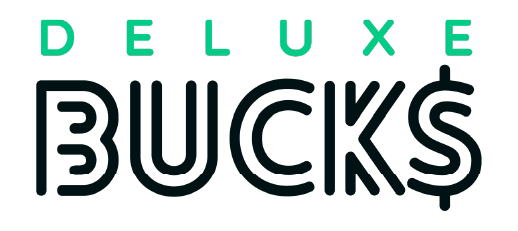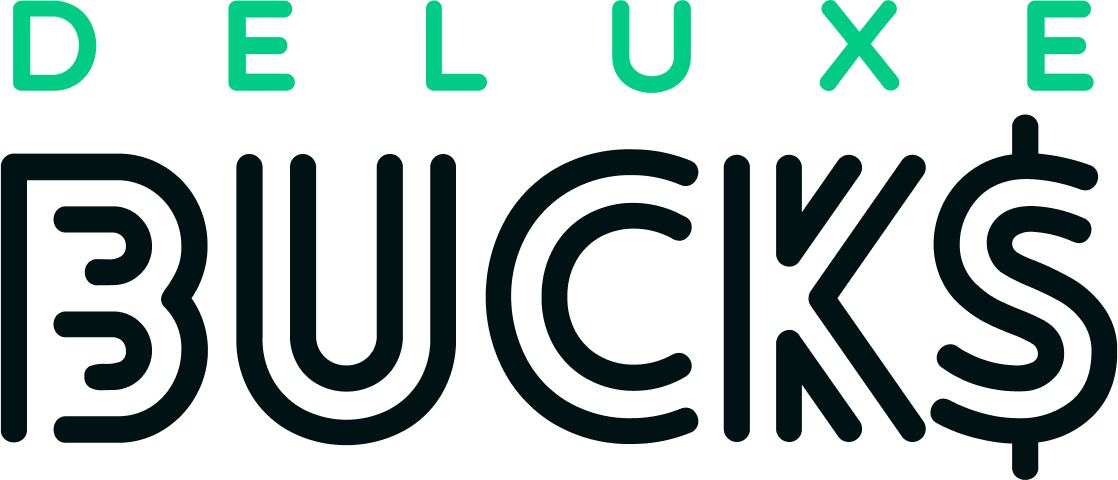Imagine finding comfort in the fact that your anxiety is finally seen. This condition disrupted your life but now can bring financial security. The government extends financial help for those struggling with anxiety. This aid is crucial for people whose anxiety affects their ability to work.
Over anxiety relief funding helped 2.2 million people in 20221. The Social Security Administration (SSA) offers hope for financial support. Getting these benefits is tough. You must work through complex rules to prove your eligibility. Success means getting up to $3,822 a month for some.
Your fight against anxiety could end with real support. This could mean your daily challenges and work troubles due to anxiety are acknowledged. If you’ve been thinking about getting support for anxiety, now might be the time to act.
Key Takeaways
- Navigating the SSA’s requirements for financial assistance for anxiety can lead to significant monthly benefits.
- Clinical documentation is key to proving anxiety’s impact and securing monthly payments.
- Both SSDI and SSI programs offer different tiers of financial aid for anxiety treatment.
- Successfully obtaining anxiety relief funding often requires legal counsel and specialized guidance.
- Despite rigorous application processes, disability benefits for anxiety are an essential source of support for many.
Understanding Anxiety as a Qualified Disability
Anxiety disorders affect millions, with over 301 million people struggling in 20192. The Social Security Administration (SSA) recognizes some anxiety conditions as disabilities. This recognition helps ensure those affected get necessary financial and mental health support.
To qualify as a disability, strict criteria must be satisfied. Symptoms like restlessness, muscle tension, and focus issues must majorly reduce one’s ability to function2. They also need to cause real limitations in various mental operating areas.
Criteria for Anxiety to be Considered a Disability
People must show their anxiety severely impacts cognitive and social skills. It includes proving limitations in work tasks or social interactions3. Medical documents are vital, as health professionals provide evidence to back up claims3.
Types of Anxiety Disorders Recognized by SSA
SSA acknowledges several disorders, like generalized anxiety and social anxiety disorders. Obsessive-compulsive disorder and agoraphobia are also recognized. These are part of the anxiety types eligible for therapy funding and more help2.
SSA’s Blue Book and Your Disability Evaluation
The SSA’s Blue Book lists specific criteria for disorders, helping applicants check if they qualify. Symptoms, documented over two years, are essential2. Consulting a social security disability lawyer can be crucial to understanding these rules3.
If you’re dealing with anxiety, there are many resources and help available. Having the correct paperwork and expert advice is important. It can lead to the support and stability you need.
Financial Assistance for Anxiety
Dealing with anxiety means looking for ways to get financial aid for anxiety treatment. It’s not just about what health insurance covers. There are anxiety assistance programs that are key for those needing help. Sadly, over half of Americans with mental issues don’t get the help they need4. Planning your finances wisely is essential for getting anxiety management assistance. Social Security Disability Insurance (SSDI) and Supplemental Security Income (SSI) could really help. More than 2 million people have SSDI because of mental health issues. This shows how serious mental health is taken in the benefits world5.
Knowing the difference between SSDI and SSI is crucial for financial planning. SSDI gives a monthly sum based on your work history. It’s very helpful if you’ve worked enough but struggle with severe anxiety. On the other hand, SSI is a fixed monthly amount for those in need, which can be up to $943 in 20244. It’s hard to get these benefits, though. Many first-time applicants don’t make it. If you’re looking for mental health funds for anxiety, you have to show detailed medical records and proof of your condition to increase your chances.
Another key support is COBRA, which keeps your last job’s health insurance for up to 18 months after you leave4. Keeping housing costs no more than 35% of your income is also advised4. Using these resources wisely can help lessen financial worries from anxiety. This way, you can focus on recovery and finding stability.
FAQ
How can I secure financial assistance for anxiety treatment?
What are the criteria for anxiety to be considered a disability by the SSA?
What types of anxiety disorders are recognized by the SSA?
Can you explain SSA’s Blue Book and how it’s used in my disability evaluation?
What financial aid options are available for managing anxiety?
Are there specific anxiety assistance programs or coping with anxiety resources available?
How much can I receive in monthly benefits if my anxiety is recognized as a disability?
What is required to prove my eligibility for monthly disability benefits for anxiety?
If my initial application for anxiety disability benefits is rejected, what are my next steps?
Source Links
- Is Anxiety a Disability? How to Qualify for Benefits for Anxiety | Atticus – https://www.atticus.com/advice/general/anxiety-qualifies-for-disability-benefits
- Is Anxiety a Disability? – https://www.healthline.com/health/anxiety/is-anxiety-a-disability
- Beginner’s Guide to Disability Benefits for Anxiety and/or Depression – Hawks Quindel Website – https://www.hq-law.com/blog/social-security-disability/social-security-disability-for-anxiety-depression/
- Government Programs and Financial Assistance for Mental Health – https://www.debt.org/advice/financial-help-for-mental-health/
- Supplemental Security Income (SSI) and Social Security Disability Insurance (SSDI) – https://www.nami.org/advocacy/policy-priorities/supporting-community-inclusion-and-non-discrimination/supplemental-security-income-ssi-and-social-security-disability-insurance-ssdi/


